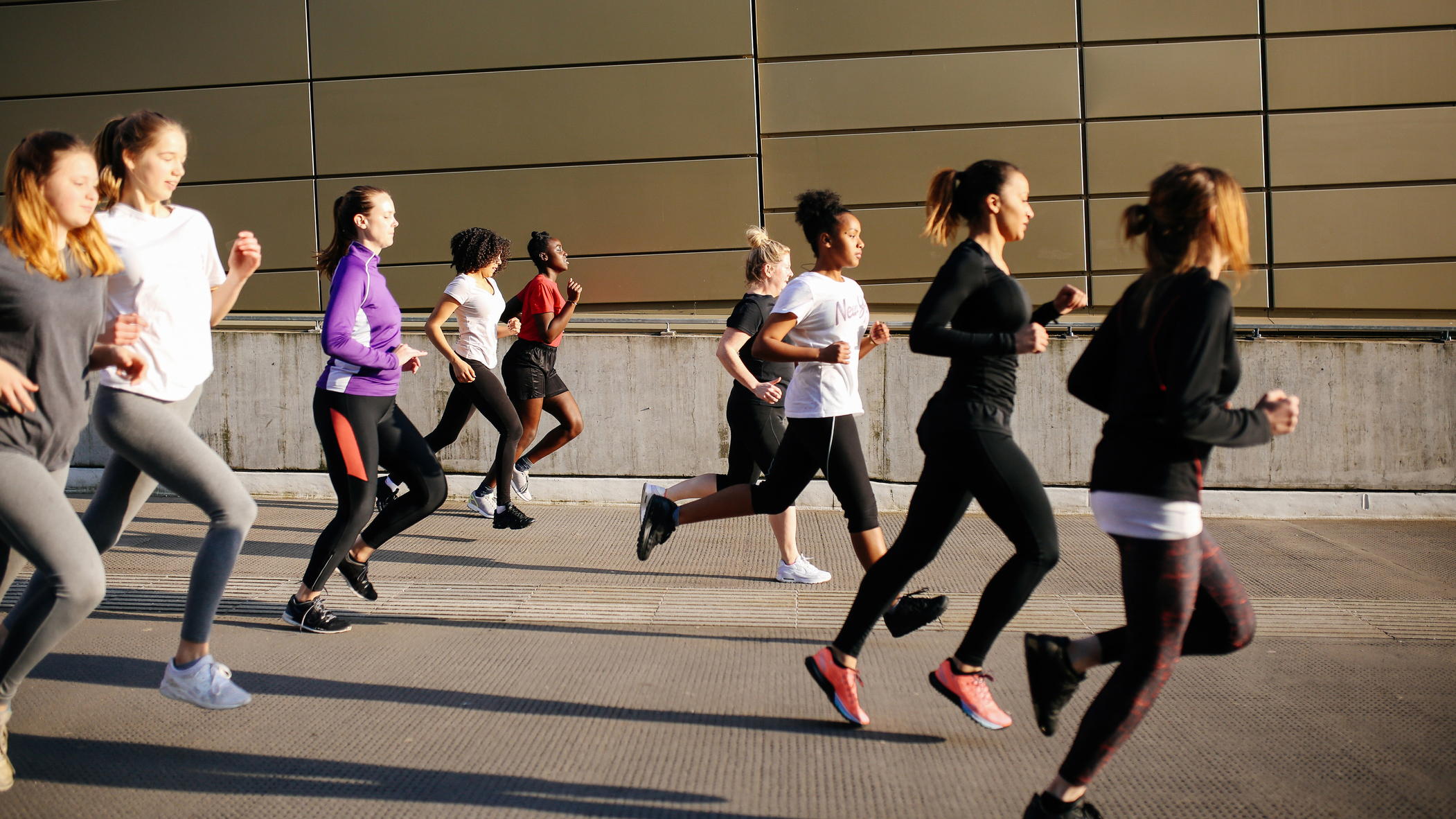This millionaire believes running "destroys" our bodies. Here's why he's wrong
Bulletproof Coffee founder Dave Asprey believes running is harmful for body and mind, but science says otherwise


Start your week with achievable workout ideas, health tips and wellbeing advice in your inbox.
You are now subscribed
Your newsletter sign-up was successful
If you get up on a Saturday morning and you see people who are already out for their morning jog, your first thought is that these people are very healthy. Running is one of the most well-known, accessible forms of exercise out there: all you need is a set of comfortable clothes and a set of the best running shoes for men, or best running shoes for women. It burns calories and increases cardiovascular fitness, but there's a school of thought that aerobic exercise, especially high-impact aerobic exercise like running, can be bad for your body.
One Canadian study looked at people's perceptions of running and knee joint health. The researchers found "running was perceived as detrimental for the knee joint by 13.1% of the general public, while 25.9% were uncertain.
"More uncertainty was reported regarding frequent (33.9%) and long-distance (43.6%) running. Statistical analyses revealed greater proportions of non-runners perceiving running negatively compared with runners."
Among these detractors is millionaire Dave Asprey, best known for his Bulletproof Coffee product: coffee with butter, or even better, Asprey's own MCT oil, designed to replace breakfast, help with intermittent fasting and stimulate the brain. Asprey tries to optimise his life, using cryotherapy and experimental stem cell research, and instead of doing cardiovascular exercise, he stands on a vibrating plate every day.
In a podcast titled "Aerobic exercise may be destroying your body, weightlifting can save it" Asprey talks about the idea that aerobic exercise isn't good for your brain or body.
"I did a lot of looking at this for... for a new book on mitochondria [important parts of the cell], which is meant for the brain. When it comes to growing mitochondria, there's a set of research that says lifting heavy will do that, and a set of research that says walking for 20 minutes will do it. But not running, and not the intense stuff.
"The recommendations are to move a little bit every day, and I use the Bulletproof Vibe [a vibrating power plate] which is faster than a walk, to get stimulation there."
Start your week with achievable workout ideas, health tips and wellbeing advice in your inbox.
Body-hacker Asprey, who has machines to bend his bones to increase their density, looks at strength training as a way to increase his bone density and muscle, and cardio as an afterthought. If he wants to increase his respiratory capacity, he uses another specialist device.
However, Asprey is missing out. A study on marathon runners said even long-distance club running "will not have a detrimental effect on the properties of the bone". In addition, adults who followed a running programme for six months improved their cognitive scores, meaning they had better brainpower than their peers.
It's worth mentioning that if you're just coming to exercise for the first time, or you're coming back after a long absence, there might be a risk on your joints if you begin intense road running, especially if you're a little overweight. In that case, low-impact exercises such as the best elliptical machines can help you lose weight and begin to build strength in your bones and muscles.
Matt Evans is an experienced health and fitness journalist and is currently Fitness and Wellbeing Editor at TechRadar, covering all things exercise and nutrition on Fit&Well's tech-focused sister site. Matt originally discovered exercise through martial arts: he holds a black belt in Karate and remains a keen runner, gym-goer, and infrequent yogi. His top fitness tip? Stretch.
